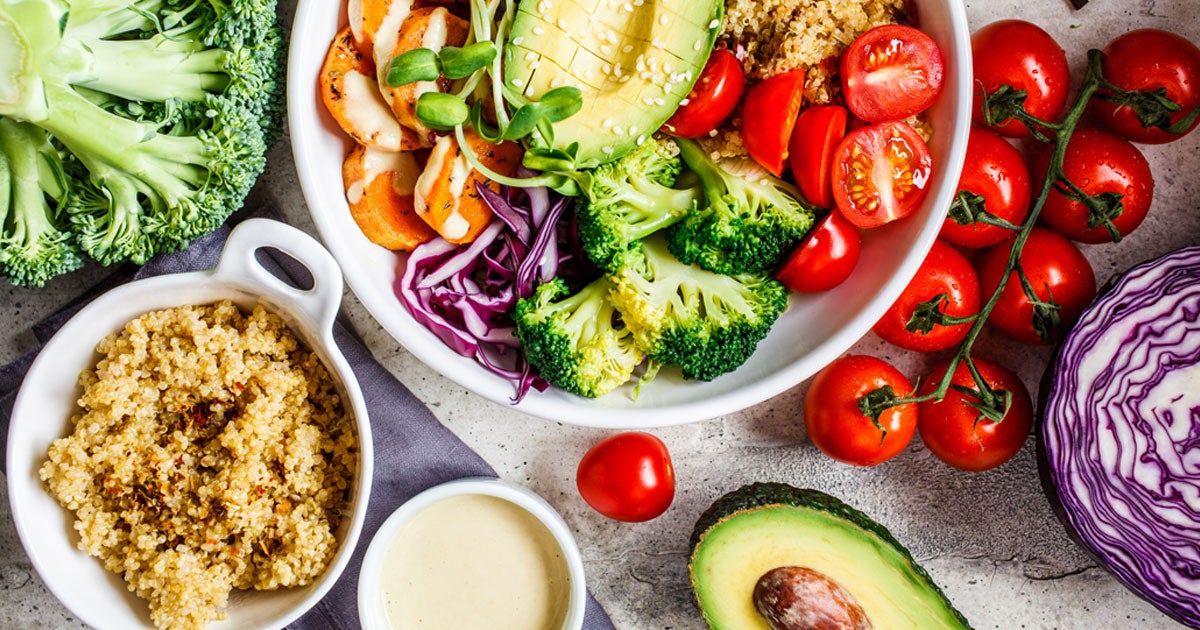
Nourishing Your Golden Years: Tips for a Healthy Diet in Retirement
Retirement is a time to savor life, and maintaining good health is key to enjoying these golden years to the fullest. A crucial aspect of well-being in retirement is a healthy diet that supports overall health and vitality. Let’s explore some valuable tips for ensuring a nutritious and enjoyable diet during your retirement.
Evaluating Nutritional Needs in Retirement
As we age, our nutritional needs evolve, and retirement is an excellent time to reevaluate dietary choices. Consider consulting with a healthcare professional or a nutritionist to understand your specific nutritional requirements. Tailoring your diet to meet these needs lays the foundation for a healthy and fulfilling retirement.
1. Embrace a Varied and Colorful Plate
Diversify your diet with a spectrum of fruits and vegetables. These colorful foods are rich in vitamins, minerals, and antioxidants, offering a multitude of health benefits. Aim to fill your plate with a rainbow of natural goodness to support overall well-being.
2. Prioritize Lean Proteins for Muscle Health
Maintaining muscle mass becomes increasingly important in retirement. Incorporate lean protein sources such as fish, poultry, lean meats, beans, and legumes into your meals. Protein is crucial for muscle health, ensuring you stay active and mobile as you age.
3. Choose Whole Grains for Sustained Energy
Opt for whole grains over refined grains to provide sustained energy throughout the day. Whole grains like brown rice, quinoa, and whole wheat bread contain fiber and essential nutrients, supporting digestive health and providing a steady release of energy.
4. Mind Your Heart Health
Retirement is an opportune time to focus on heart health. Include heart-healthy foods such as fatty fish, nuts, seeds, and olive oil in your diet. These choices can contribute to maintaining cardiovascular health and reducing the risk of heart-related issues.
5. Stay Hydrated for Optimal Well-being
Proper hydration is fundamental at any age, and it becomes even more crucial in retirement. Drinking an adequate amount of water supports digestion, joint health, and overall well-being. Make a conscious effort to stay hydrated throughout the day.
6. Monitor Sodium Intake
As we age, our sensitivity to sodium may increase. Be mindful of your salt intake and opt for herbs, spices, and other seasonings to flavor your meals. This helps in managing blood pressure and maintaining kidney health.
7. Enjoy Healthy Fats in Moderation
Incorporate sources of healthy fats, such as avocados, nuts, and olive oil, into your diet. These fats are essential for brain health and can also contribute to joint and skin health. However, moderation is key to balancing your overall nutrient intake.
8. Supplement Wisely
While a well-rounded diet is the foundation of good health, consider supplementing with essential nutrients like vitamin D and B12. These supplements can address potential deficiencies that may arise, especially in the later years of life.
9. Socialize and Share Meals
Eating is not just about nourishing the body; it’s also a social activity. Use mealtime as an opportunity to connect with friends and family. Socializing around meals not only adds joy to your retirement but can also positively impact your mental and emotional well-being.
10. Indulge Occasionally, but Maintain Balance
Retirement is a time to enjoy life, and that includes savoring your favorite treats. While occasional indulgences are perfectly acceptable, maintain balance by prioritizing nutritious choices. A healthy diet doesn’t mean complete deprivation but rather making mindful choices that align with your overall well-being.
Cultivating a Healthy Retirement Diet
In summary, a healthy diet in retirement is a cornerstone of overall well-being. By embracing these tips and making informed choices, you can cultivate a diet that nourishes your body and enhances your golden years. For more information on maintaining a healthy lifestyle in retirement, explore additional tips at Tips for a healthy diet in retirement. Here’s to a vibrant and healthy retirement!

